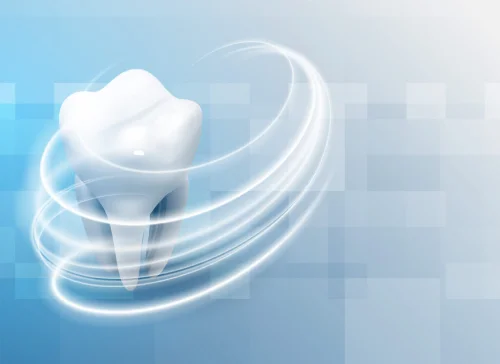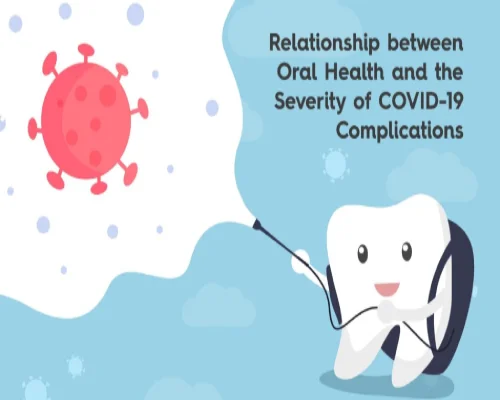Oral health in Covid. Cov Disese 2019, otherwise called COVID-19, has quickly become an overall crisis. The World Health Organization (WHO) has as of late announced the worldwide pandemic. The microbe answerable for such contamination is the serious intense respiratory condition Covid 2 (SARS-CoV-2). Albeit the new COVID-19 infection is not quite the same as SARS-CoV, it utilizes a similar host receptor, to be specific human angiotensin-changing over compound 2 (ACE2). Oral health in Covid
Why Dental Treatment is at Risk ??
The COVID-19 infection was as of late recognized in spit of tainted patients. Spit can have a crucial job in the human-to-human transmission. Dental specialists and other medical care experts that perform airborne producing methods might be unconsciously giving direct consideration to tainted yet not yet analyzed COVID-19 patients, or those viewed as speculated cases for reconnaissance. As in bronchoscopy, inward breath of airborne particles and pressurized canned products created during dental methods on patients with COVID-19 can be a high-hazard strategy wherein dental specialists are straightforwardly and firmly presented to this infection. In this way, it is pivotal for dental specialists to refine preventive systems to stay away from the COVID-19 disease by zeroing in on quiet situation, hand cleanliness and all close to home defensive gear (PPE). Oral health in Covid
What can dentists do to protect themselves and patients?
Hand cleanliness has been viewed as the most basic measure for diminishing the danger of sending microorganism to patients (Larson et al. 2000). SARS-CoV-2 can endure on surfaces for a couple of hours or as long as a few days, contingent upon the kind of surface, the temperature or the mugginess of the climate (WHO 2020c). This supports the requirement for great hand cleanliness and the significance of intensive sterilization of all surfaces inside dental centers. Each surface in the sitting area should be considered in danger; in this manner, as well as giving satisfactory occasional air trade, all surfaces, seats, magazines and entryways that come into contact with medical services experts and patients should be considered “possibly tainted”. It could be valuable to make alcoholic sanitizers and covers accessible to patients in sitting areas. The whole cooling framework should be cleaned regularly. Oral health in Covid
Decision making processes in patient management ??
Oral health in Covid
To facilitate a medically and ethically-driven decision-making process, dental interventions can be divided into the following categories
- Emergency management of life-threatening conditions;
- Emergencies that can be managed with minimally invasive procedures and without aerosol generation
- Urgent situations that must be managed with invasive and/or aerosol-generating procedures;
- Non-urgent procedures;
- Elective procedures.
Furthermore, the following considerations should be assessed before starting any urgent treatment.
Oral health in Covid
- Operative procedures should be as minimally invasive as possible and interventions that generate aerosols should be avoided whenever possible;
- Disposable devices and instrumentation should be used whenever possible to limit cross-infection risks;
- Potential viral load in patients’ saliva could be reduced with 0.23% povidone-iodine mouthwash for 15 s before intervention ( Eggers et al., 2018);
- Isolation with elastic dams ought to be utilized at whatever point conceivable to restrict the spread of microorganisms (Cochran et al., 1989)
- Intraoral radiographs should be limited in favor of extraoral imaging, in order to reduce salivation and gag reflex;
- If pharmacologic management of pain is necessary, ibuprofen should be avoided in suspected and confirmed COVID-19 cases ( Day, 2020). (in Alharbi et al, 2020).
Future Considerations
The COVID-19 pandemic has impacted how dental care can be safely delivered in the short term and is likely to cause lasting changes in how dental care is delivered. Business will have to consider many unanswered questions; For example, whether the workflow and layout of dental clinics should be permanently redesigned and whether extended PPE is required for all dental patient care as part of standard precautions. Oral health in Covid



